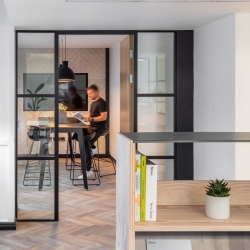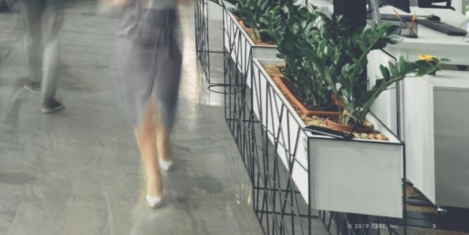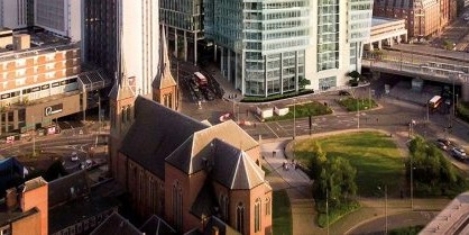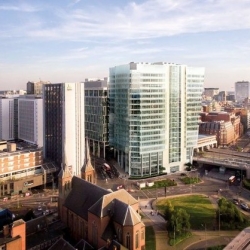April 1, 2021
Finding a new sense of purpose in the way we all do business
 It is now a truism that society expects more of business than merely maximising shareholder value. Milton Friedman’s conviction that unswerving commitment to this single goal would ensure that business and society would prosper has come to be seen as blinkered, unfit for the twenty-first century and enabling of corporate greed. Instead of shareholder value maximisation, an idea that The Economist called ‘the biggest idea in business’ in 2016, businesses are now encouraged to recognise their responsibilities to an array of ‘stakeholders’, from employees, suppliers and customers, to the planet itself and other communities (real or imagined). So, it has never been more important for businesses to do good, have a clear sense of purpose and be seen as doing so. (more…)
It is now a truism that society expects more of business than merely maximising shareholder value. Milton Friedman’s conviction that unswerving commitment to this single goal would ensure that business and society would prosper has come to be seen as blinkered, unfit for the twenty-first century and enabling of corporate greed. Instead of shareholder value maximisation, an idea that The Economist called ‘the biggest idea in business’ in 2016, businesses are now encouraged to recognise their responsibilities to an array of ‘stakeholders’, from employees, suppliers and customers, to the planet itself and other communities (real or imagined). So, it has never been more important for businesses to do good, have a clear sense of purpose and be seen as doing so. (more…)







 The way in which we work has changed in a way no one would have ever predicted as a result of last year’s pandemic. Consequently, many businesses have chosen to adopt to an agile working practise. This coupled with the rapid evolution of the hybrid workplace has allowed more employees than ever the flexibility to work from home, many people however still crave that interaction with colleagues, and the ‘corridor conversations’ that cannot be replicated via Zoom and can only happen with workplace collaboration.
The way in which we work has changed in a way no one would have ever predicted as a result of last year’s pandemic. Consequently, many businesses have chosen to adopt to an agile working practise. This coupled with the rapid evolution of the hybrid workplace has allowed more employees than ever the flexibility to work from home, many people however still crave that interaction with colleagues, and the ‘corridor conversations’ that cannot be replicated via Zoom and can only happen with workplace collaboration. 
 The vast majority of UK office workers neither want to continue working remotely after Covid-19 restrictions lift nor make a full return to the 9 to 5. This is despite the fact that many admit that remote work has reduced their productivity. Those are the main claims of new research released by
The vast majority of UK office workers neither want to continue working remotely after Covid-19 restrictions lift nor make a full return to the 9 to 5. This is despite the fact that many admit that remote work has reduced their productivity. Those are the main claims of new research released by 
 Independent property, construction and infrastructure consultancy
Independent property, construction and infrastructure consultancy 










 Employees enjoy working in a coworking space, claims a recent
Employees enjoy working in a coworking space, claims a recent 









May 13, 2021
The pivotal role of remote working in the journey to jab the nation
by Michael Whitmore • Comment, Flexible working